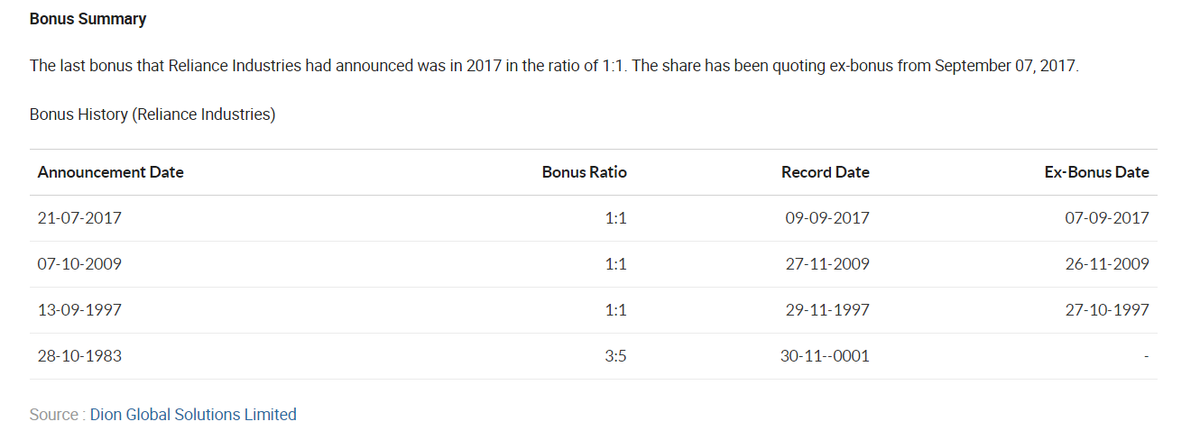
Making money is important but preserving it is more important!
In 1999, Cuban and his partner Todd Wagner sold Broadcast.com to Yahoo for $5.7 billion. Cuban received 14.6 million shares of Yahoo. With Yahoo shares trading at $95, he became a billionaire overnight.
In 1999, Cuban and his partner Todd Wagner sold Broadcast.com to Yahoo for $5.7 billion. Cuban received 14.6 million shares of Yahoo. With Yahoo shares trading at $95, he became a billionaire overnight.
Cuban wasn’t alone. The internet bubble made many ppl rich. But after the bubble popped in March 2000, most of them lost their fortunes. Cuban, on the other hand, actually got to keep his money. Because he had the foresight to execute a shrewd option trade to protect the wealth.
Cuban had a feeling that Yahoo stock was funny money. Yet, as part of his deal with Yahoo, he wasn’t permitted to sell his shares immediately.
So he entered a massive options trade to protect his $1.4 billion stake.
So he entered a massive options trade to protect his $1.4 billion stake.
For every 100 shares of Yahoo stock, Cuban bought one put contract (strike $85) and sold one (strike $205). The term of each option was three years.
He bought a whopping 146,000 puts and sold 146,000 calls.
The cost of the puts exactly offset the premium of the calls.
He bought a whopping 146,000 puts and sold 146,000 calls.
The cost of the puts exactly offset the premium of the calls.
So Cuban’s trade was practically free.
At first, it looked like the trade was a costly mistake.
Yahoo’s share price shot up to $237 by January 2000 – much higher than the sale price of his $205 call options.
Then the internet bubble burst.
At first, it looked like the trade was a costly mistake.
Yahoo’s share price shot up to $237 by January 2000 – much higher than the sale price of his $205 call options.
Then the internet bubble burst.
And two years later, Yahoo shares had sunk to $13.
If Cuban hadn’t executed his options trade, he would have lost more than 85% of his wealth.
Instead, he managed to hold on to almost all of his money.
End of Thread.
If Cuban hadn’t executed his options trade, he would have lost more than 85% of his wealth.
Instead, he managed to hold on to almost all of his money.
End of Thread.
• • •
Missing some Tweet in this thread? You can try to
force a refresh



